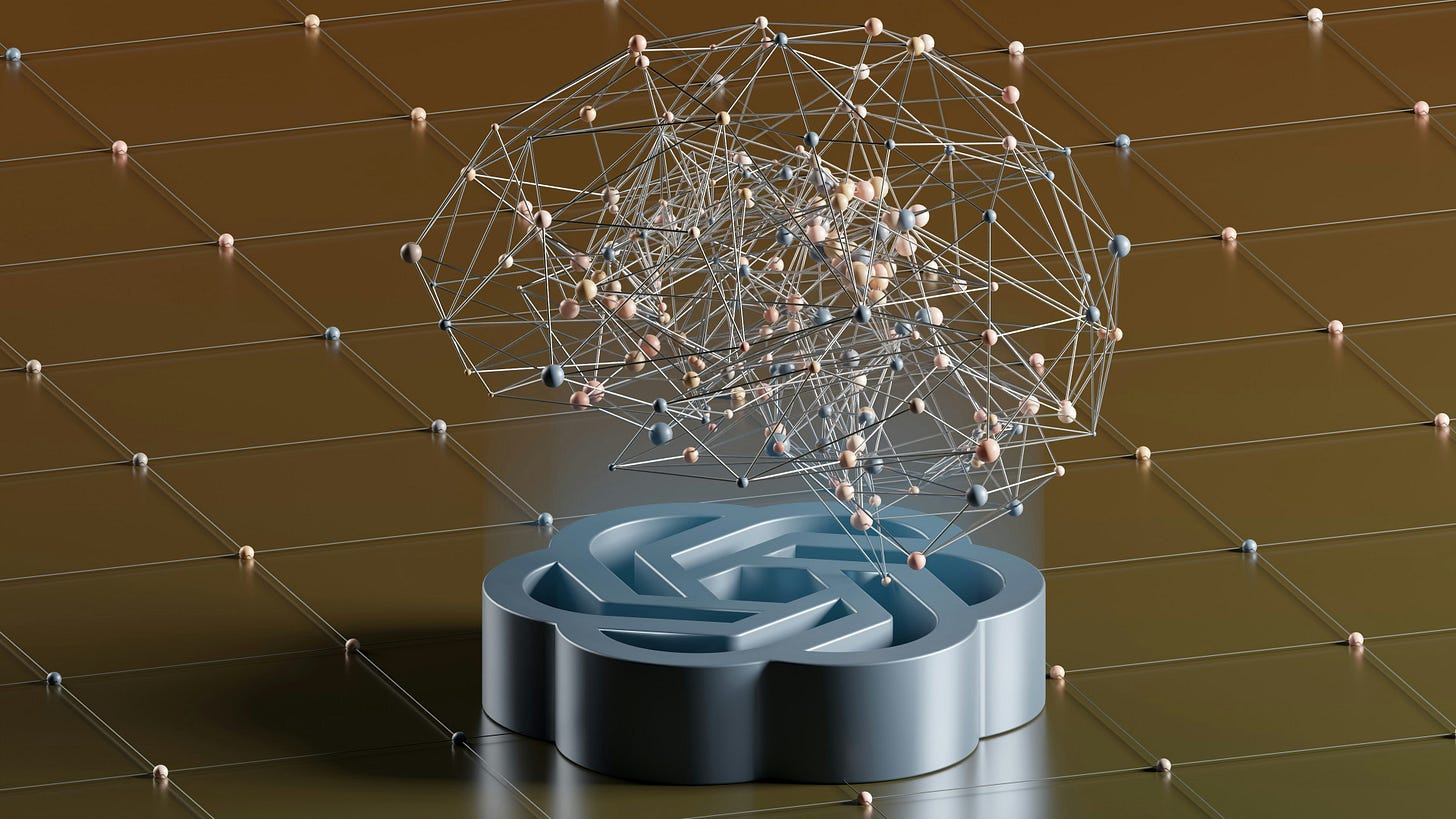AI is here, and I have feelings about it. Some of them are positive, because tools like Chat GPT do have a lot of good uses for ministry. AI can assist with:
Tone. It’s difficult to communicate inflection through the written word, and sometimes an email written with the best of intentions comes across poorly to the recipient. AI allows users to feed in a message and select a tone, and the result will be closer to the composer’s aim. (Or, as in this ad, I can just write a snarky email and ask AI to revise it to one that I can actually send.)
Format. Maybe you want to apply for a ministry grant, for example, but you have never put together a grant application. AI allows you to enter all the relevant information, then it organizes the details into a compelling narrative appropriate to that purpose.
Summarization. AI can take lots of words and boil them down to the main points. This could be useful for creating meeting reports and presentations.
Variability of wording. Many communications need to be made over and over so that people receive the information therein. AI can help you mix up the wording a bit so that it catches recipients’ eyes or ears anew each time.
This is just a sampling of how AI could make ministers’ lives easier.
On the other hand, there are also concerning or ethically dubious uses of AI. Here, then, are questions we need to consider carefully:
Is this use of AI a help/complement to my work or a substitute for it? I think we can agree that we shouldn’t ask Chat GPT to write our sermons. But can we use it to generate an alternate version to help us think through what we missed in the passage? Is it ok to get AI to pick our hymns? The line is blurry.
What am I doing with the time AI is saving me? AI is an efficiency tool, so what is it giving us space to do that we couldn’t otherwise? Maybe we can rest more or spend increased time in connection with others - both worthy outcomes. But what if AI is just freeing us up to grind harder at work? I’m not sure that’s a net gain values-wise.
How will the information I give AI help it mimic me? What are the possible pitfalls of that? AI consumes vast amounts of data about us all the time whether we know it or not. As it does so, it is learning how we talk - including out loud, if there are recordings of us speaking on the web - and becoming ever more able to replicate our voices. (Soon the gift card scam will seem quaint in comparison.) That is why AI is helpful to us and why it can also be incredibly dangerous.
How was AI trained? In addition to the means listed above, copyrighted work has been used to shape AI. The creators of these works were denied the right to approve usage and/or to garner rightful income.
How much energy is my AI usage consuming? AI uses exponentially more energy than a Google search. The servers for AI applications produce emissions detrimental to the environment. Electrical grids are under strain due to AI usage.
In the coming days we will need to be discussing as church staffs and as congregations which uses of AI are in line with our theology and values and which ones are not. This is one of the many new frontiers to which we will be called to witness to what we believe about our responsibilities to one another and to God’s created world.





